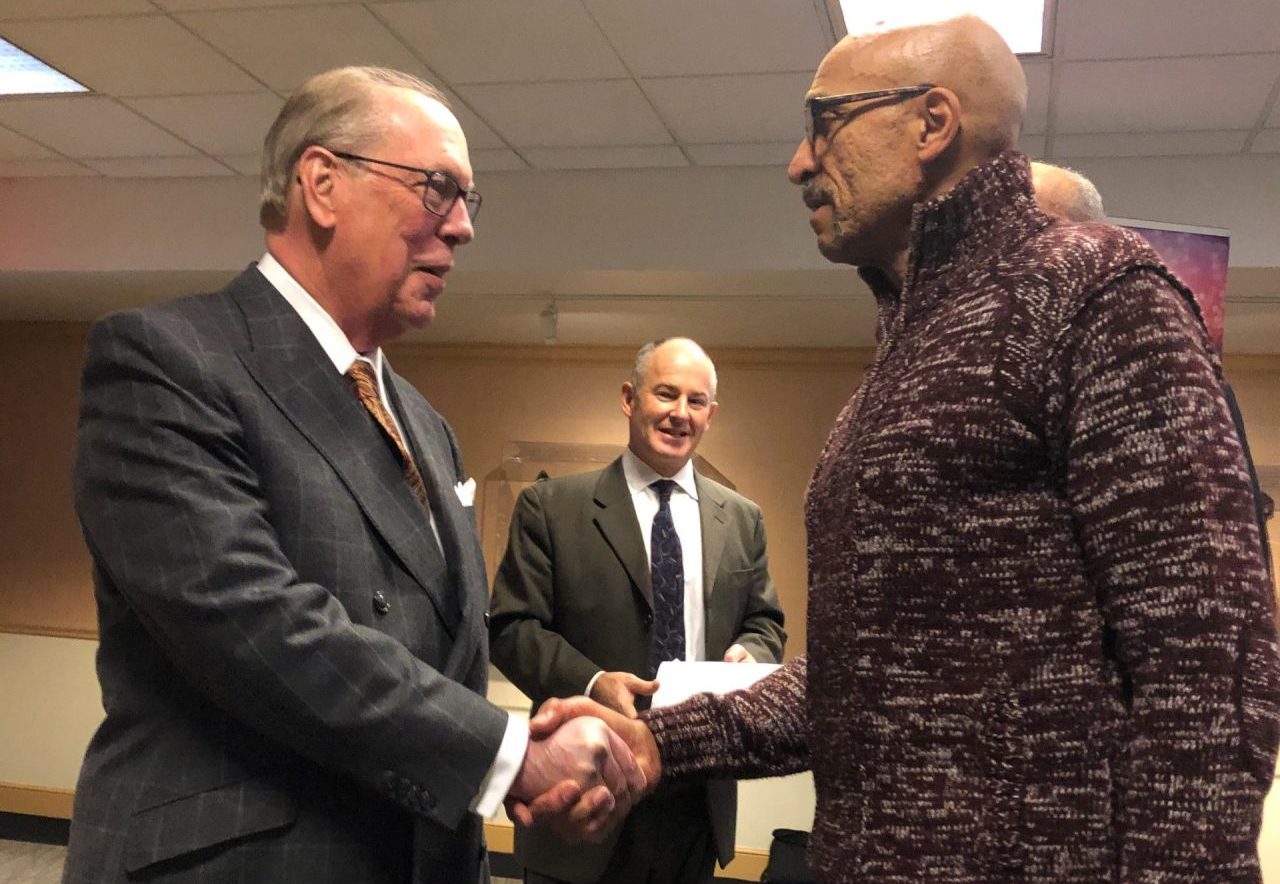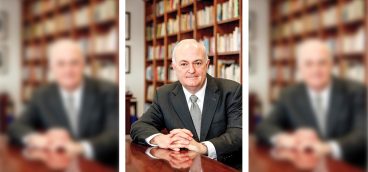Judge Jeffrey Manning Broke the Mold

We lawyers who go to court participate in what amounts to a contact sport, choosing sides in an all-out adversary process. Too bad if the other side loses. Winner takes all. Justice done. Over and out.
Judge Jeffrey Manning passed away this month. Back in the mid-1970s only 3 or 4 years out of law school, he typified the tough-guy, hard driving gunslinger. Like other prosecutors, his job was to secure convictions, one case after the other, taking no prisoners, not looking back and not questioning outcomes.
Yet, Manning had a crisis of confidence more than fifty years ago as a result of prosecuting Robert Wideman and two others who engaged in a robbery where a man was shot and subsequently died. He easily got all three convicted. Yet Manning was bothered by three different sentences. He was particularly bothered by Wideman’s life sentence, as a result of what is known as the “felony murder” doctrine, where if one commits an illegal act like a robbery and someone dies, regardless of how, the robber is deemed guilty of murder. The result is an automatic life sentence. In Wideman’s case, it didn’t matter that he was not the triggerman, or that the victim died of medical malpractice. Instead of letting the chips fall where they had, Manning was bothered by the outcome that he had achieved. Back then, in the mid-1970s, he wrote an article about the case, published in the Duquesne Law Review. His concern didn’t stop there.
Fast forward to 1998 when I stood before the late Judge James McGregor, trying to get Wideman a new trial based on newly discovered evidence. It was there that I met Manning, prosecutor turned judge, who attended the hearings, supporting my efforts. While Judge McGregor ruled in my favor, he was reversed. It was a reversal that McGregor regretted to his grave and one that Judge Manning thought was unjust. He became a friend notwithstanding we had never previously encountered each other. Given the fact that he felt a wrong in the system had to be righted, I was honored to have his confidence and ultimately his presence as perhaps the most important witness in my legal career.
Fast forward again to January, 2019. With John Fetterman’s election as Lt. Governor, he came to head the Pennsylvania Board of Probation and Parole Serendipitously, I was just starting to prepare Wideman’s petition to the Board, literally sitting there typing away, when Judge Manning called. I never felt we were on a first name basis, but he opened with “ Mark….. it’s Jeff ….. I think with this new guy Fetterman, Wideman’s got a shot.” I’ll never get over his timing.
Indeed, Wideman had a shot. Eventually I filed the petition and Jeffrey Manning went from Wideman’s prosecutor to Allegheny County Chief Judge to witness before the Board in Harrisburg. Witnesses are entitled to at least coverage of their expenses, if not outright fees. However, Jeffrey Manning would have none of it, traveling there on his own dime.
On the appointed day , we prepared at a table in the Capitol cafeteria. There I was privileged to observe his core, so unlike his intimidating public persona: He asked: “What do you want me to say ?”
I said: “ Simply what was in your letter to the Board, problems with the felony murder rule, and about all the time that has passed since Wideman’s jailing in 1975. Relax. C’mon now ….you’ve served for decades as a prosecutor and judge. You’ve seen it all.
He was having a tough time: “Yeah, but I’ve always been on the asking side of questions, not the answering side.”
Frankly, I felt that his imposing presence at the hearing as Wideman’s prosecutor, turned Chief Judge, would be compelling, but he nervously persisted, like someone who had never been in Court before. Thinking about it now, five years later, this was a man fearful of the consequences should he misstep, where a loss meant another man’s remaining in jail for the rest of his life.
Again, he implored me: “What do you want me to say ?” I went over it again.
It was time to go to the Pardon Board hearing held in the ornate gold-dripped Supreme Court hearing room. When the Wideman case was announced, I called Judge Jeffrey Manning to the podium. The room went silent. It was a humble and halting man who said that 45 years of prison was enough. This all came from an “officer of the court” who long ago sensed that he needed to rectify something that he had prompted.
The vote was unanimous and a month or so later, upon that recommendation, the Governor commuted Robert Wideman’s sentence.
Uniquely, Jeffrey Manning was committed to taking on ever new roles, stepping out of his comfort zone, if it meant achieving justice. We all need to learn by his example.












